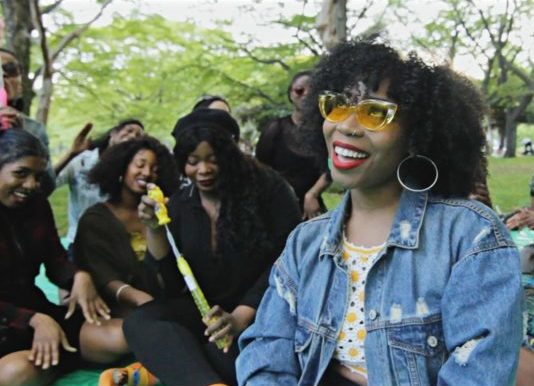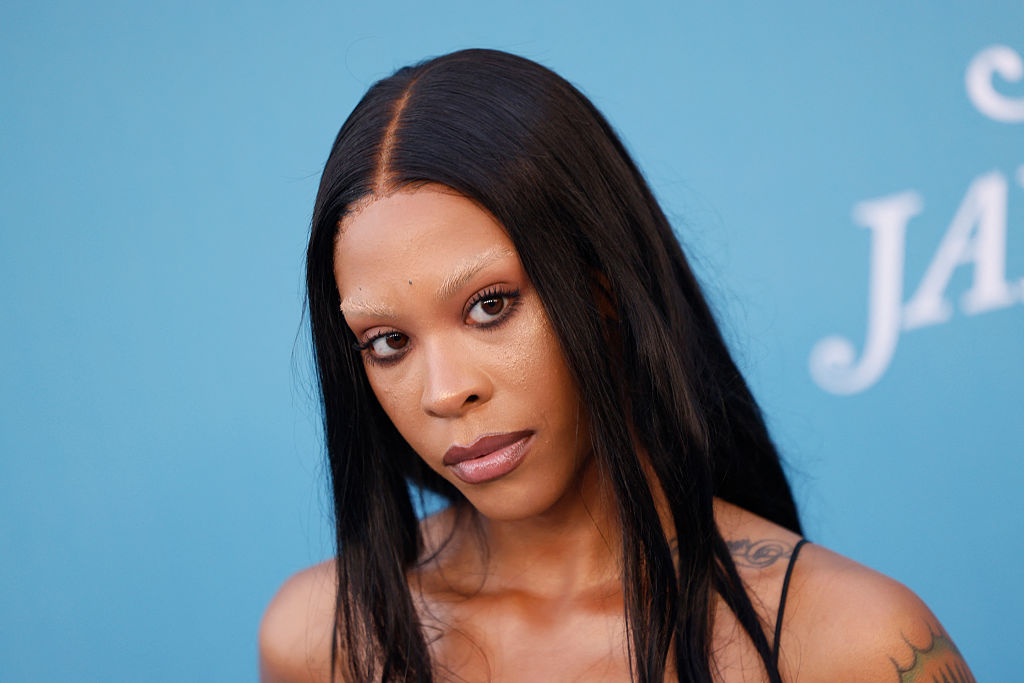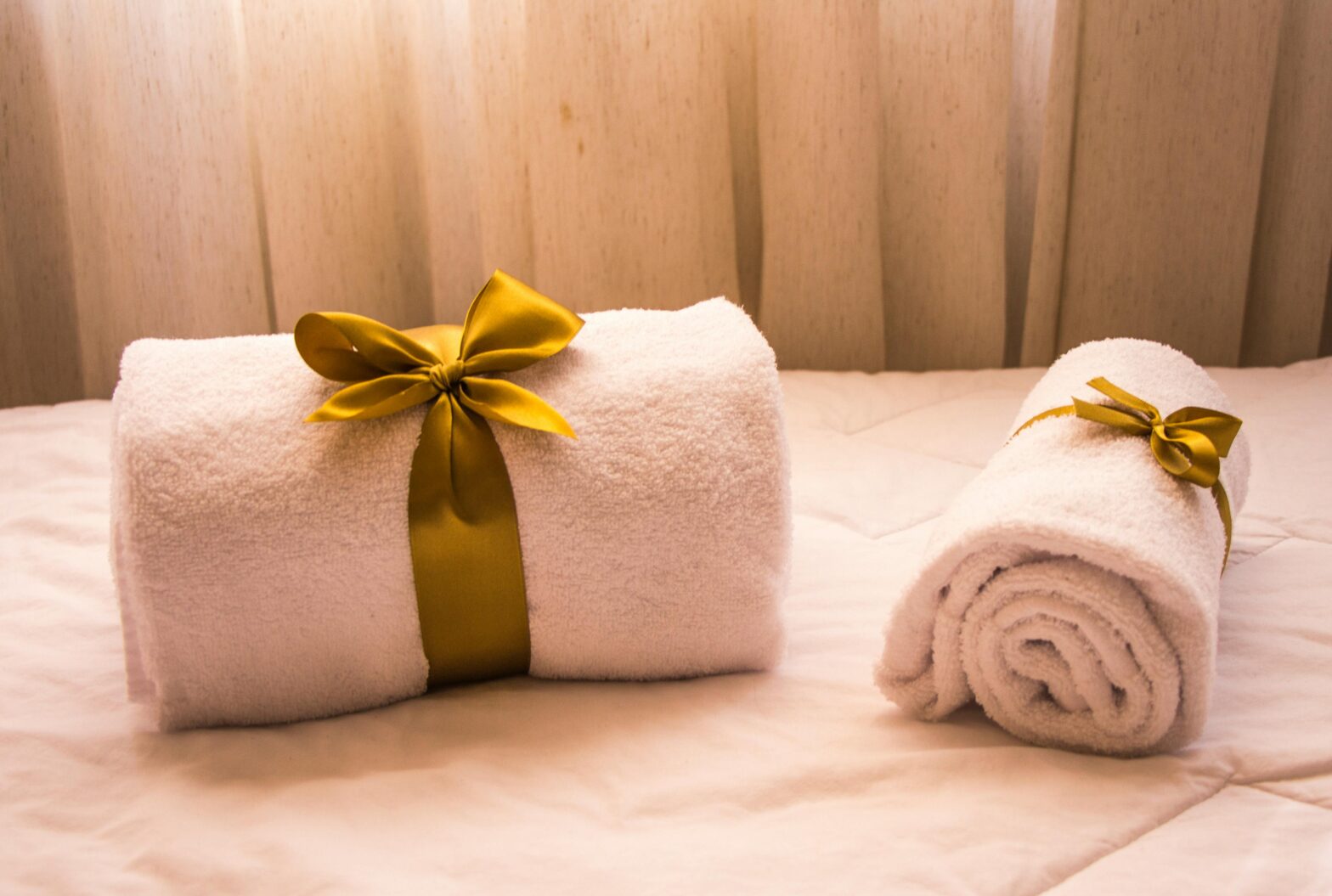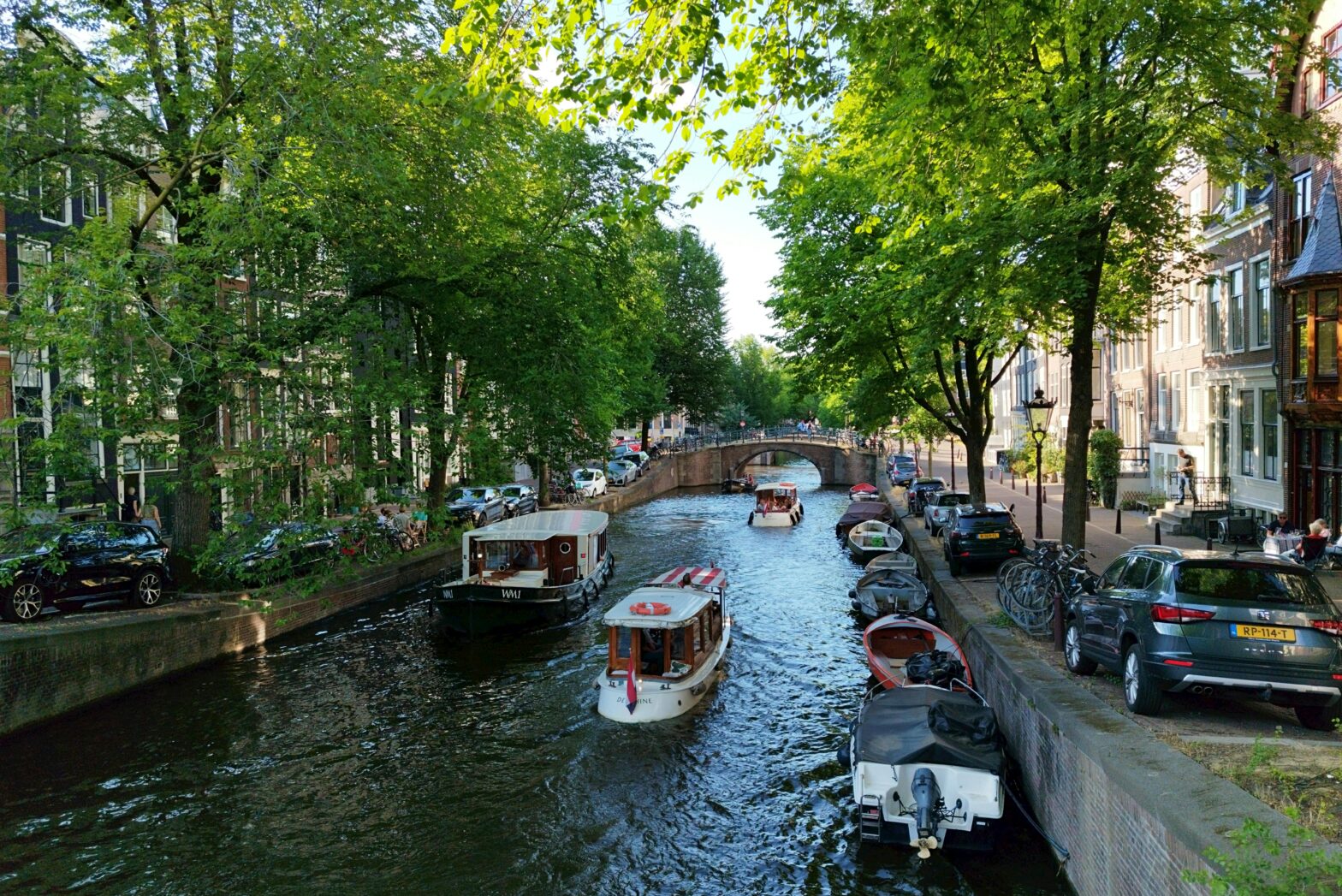Being black in a homogenous country like Tokyo means you’ll stand out like a unicorn. People are fascinated by your hair, complexion, body shape, your entire being. This fascination comes complete with stares, outrageous questions about where we’re from and some ostracization.
Nigerian American artist Amarachi Nwosu detailed some of this in her documentary about black culture in Japan. Black in Tokyo exposed the complexities of black culture and various viewpoints of black identity in Japan. She highlighted blacks in creative spaces, intending to shape the narratives of blacks in Japan that hail from countries such as Ghana, Eritrea, and the U.S. “Although they were all of black descent, they all were living very different truths from very different viewpoints,” Nwosu said.
Independent artist J’Nique Nicole has been living her truth as a black creative in Tokyo for years. Just last weekend J’Nique and her gang of black creatives were singing karaoke, celebrating the 20th anniversary of the legendary “Back that Azz Up,” just like millions of us were around the world.
J’Nique grew up back and forth between Tokyo and the U.S, due to her father’s military background. She moved back as an adult three years ago to pursue a career in music. She went from doing covers at local events to touring with popular Japanese artists as a background singer. Traveling around Japan now, blended with her childhood exposure to Japanese culture, J’Nique has seen these various identities of black culture and dealt with the misconceptions about black people in Japan and discrimination from natives.
“Its more so microaggressions, the stares, some people won’t sit next to you on the train or asking outrageous questions. They don’t believe black people live anywhere outside of African. There is discrimination,” she says. “I don’t think it towards black people I think its just towards foreigners. Foreigners are not allowed to live in certain housing areas.”
She’s referring to non-Japanese residents, called “gaijin,” or “foreigners.” Approximately 30 percent of foreigners living in Japan have experienced derogatory remarks regarding skin, while 40 percent suffer from housing discrimination. According to a survey, foreign residents were either denied rental properties or dismissed by real estate agents and owners simply for not being Japanese.
Some weren’t even able to view certain apartments and homes. One surveyor explained intentionally mentioning his half-Japanese heritage to convince landlords to rent to him. Some were straight up told, “we don’t want foreigners.” What does it take to be accepted in another country by another culture?
“It’s almost as if Japanese people will never accept an outsider as Japanese, never,” J’Nique said. “There are people here that have grown up here half black/half Japanese, their whole life, probably don’t speak English and even they are not accepted as Japanese.” As if mixed-race is taboo.
Misconceptions of Blacks
Aside from acceptance, J’Nique also dealt with misconceptions of black people and their existence in Japan. Surprisingly enough, every black person in Japan is not a fan of anime, from Africa, or want to assimilate into Japanese culture. “A lot of people think we’re all anime nerds and we’re not,” J’Nique says. “Some of us [blacks] are here because we wanted a better opportunity or wanted to learn more about the culture. There are various reasons for us to be here.”
Through her music, J’Nique Nicole continues to push the black narrative and awareness of #blackgirlmagic in Japan, considerate of their large population of women, specifically black women.
“This song spoke to me because it’s a message that a lot of women need to hear. There’s a large community of black women in Japan, and a lot of time we just feel overlooked or out of place,” she said. “It can be very discouraging at times and I just wanted to to be that voice of encouragement to women.”





